Friday, 26/04/2024 | 22:42 GMT+7
Small and medium sized Enterprises (SMEs) in Vietnam account for 40% of total energy consumption in the industrial sector. The potentiality for energy efficiency is large, but local policies to promote savings for the sectors of brick, ceramics and food processing are not really showing the effects.
Potentiality remained untapped
Research by LCEE Project indicates that the potential of energy efficiency in SMEs of ceramics and brrick ranges around 30-70%. Meanwhile, in the seafood processing companies, the figure is around 10-60%.
There exists a huge potential for energy savings, but local policies to promote energy savings and efficiency for businesses in brick, ceramics and food processing are not really effective.
A study in the framework of the LCEE Project shows that, although the Law on Energy Saving and Efficiency is considered to be the highest legal framework in this field, in many places, the instruction papers and the legal documents on the enactment of this law in the industry and SMEs are still quite limited, except for some localities which have prepared their target policies such as Binh Duong, Hanoi, Dong Thap, Ho Chi Minh City and Quang Nam.
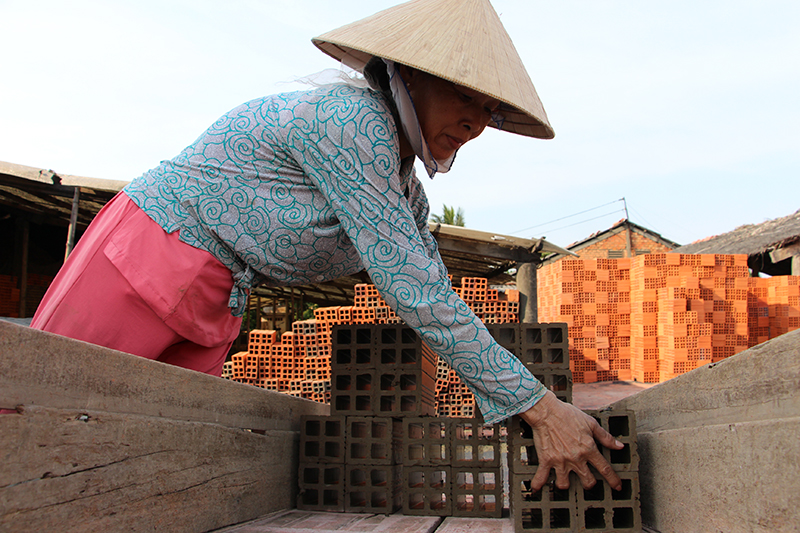
Brick production in Vinh Long
Enhancement of management
Admittedly, the fact is that not every local agency could be well qualified to develop local policies for implementation of better management of energy savings and efficiency.
In the provinces, the Provincial Department of Industry and Trade is known as the unit to deploy regular operations for energy savings and efficiency in the locality. However, the role and the empowerment of controlling the energy savings and efficiency of the Provincial Department of Industry and Trade, particularly the Office of Energy Management has not been defined and/or specified in a writen document. Not even the role of the Office of Energy Management has been clearly identified from the role of the Energy Conservation Centers.
Besides, the collaboration between the management units in the province such as the Provincial Department of Industry and Trade, Department of Construction, Department of Transportation is not clearly defined. It leads to no measures available to monitor and control the operations of energy savings and efficiency in the locality.
Mr. Huynh Kim Tuoc, Director of Energy Conservation Center of Ho Chi Minh City said: "Currently, only the Provincial Department of Industry and Trade can demand the companies and enterprises to submit an energy audit report. However, the Department itself is unable to appraise the quality of this type of report, leading to uncontrolled energy conservation activities of the enterprises. Similarly, there is no supervision of the Provincial Department of Construction and Provincial Department of Transportation".
Thus Mr. Huynh Kim Tuoc believes that local capacity to advise and consult should be raised for the departments and consultant units to promote energy-saving programs in the provinces.
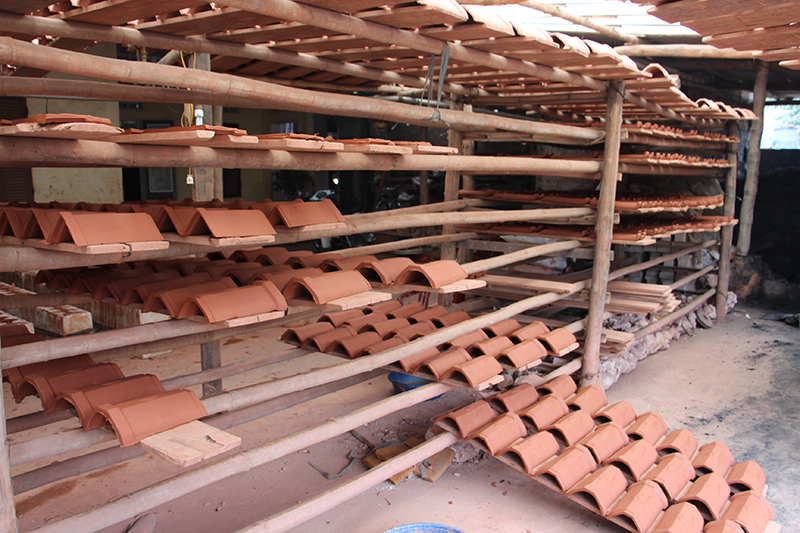
Production of roofing tiles in Kim Lan ceramic village, Hanoi
In need of strong incentive and more attractive mechanisms
Research of LCEE Project also shows that many regulations on energy efficiency is only known to and applied in the key energy users. Therefore, there should be a strong incentive mechanisms, which are more attractive for energy efficiency in SMEs.
The report also put forward some recommendations on the development of common policies in the areas of energy savings and efficiency, including: Develop and promulgate the objectives and plans to manage energy savings and efficiency with specified functions, mandates and activities in coordination with technical assistance of Energy Management Office and public service unit of the Provincial Department of Industry and Trade; prepare a separate version with additional supplement of operation in energy savings and efficiency for SMEs; prepare and promulgate the guidance to enact the Law on energy savings and efficiency.
In addition to the general policies, other policies for encouraging the voluntary application are also proposed, including: preparation, announcement and enactment of the mechanism of voluntary application of energy savings and efficiency for SMEs; compile and publish a list of industrial manufacturers who make investment in energy efficiency.
|
The Low Carbon Transition in Energy Efficiency Project (LCEE) focuses on supporting SMEs in three sectors: brick, ceramics and food processing. The project has been deployed in 10 provinces and cities including Hanoi, Hai Phong, Bac Ninh, Quang Nam, Da Nang, Vinh Long, Can Tho, Binh Duong, Dong Thap and Ho Chi Minh City.
|
Do Trong Tan
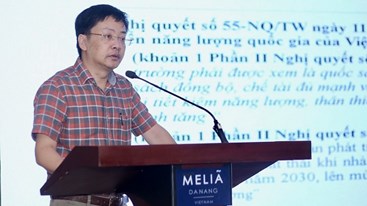
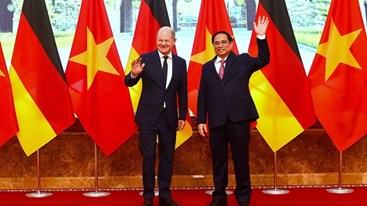
.png?w=367&h=206&mode=crop)
.jpg?w=367&h=206&mode=crop)
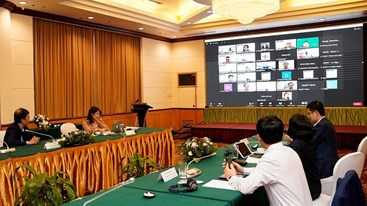
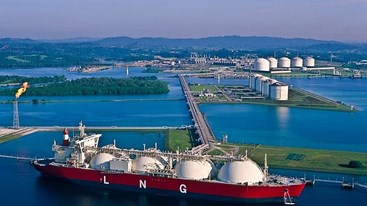
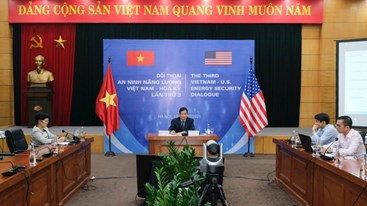
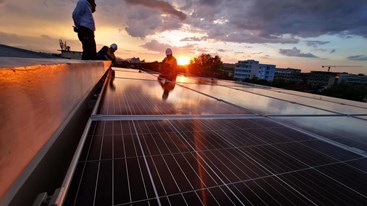
.jpg?w=367&h=206&mode=crop) Energy efficiency and conservation usage is an important aspect of the national energy development strategy
05/03/2024
Energy efficiency and conservation usage is an important aspect of the national energy development strategy
05/03/2024
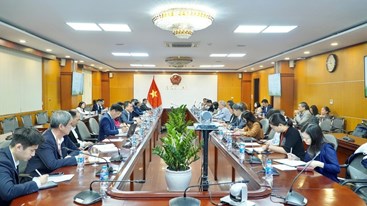 Challenges and Opportunities to promote energy efficiency market in Vietnam
Challenges and Opportunities to promote energy efficiency market in Vietnam
 The Ministry of Industry and Trade requests government agencies to coordinate in organizing Earth Hour 2024
The Ministry of Industry and Trade requests government agencies to coordinate in organizing Earth Hour 2024
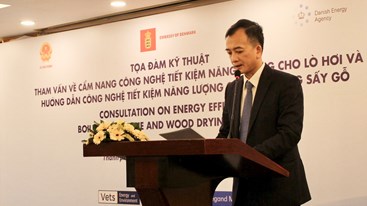 Consultation on Energy Efficiency Boiler Catalogue and Wood Drying Guideline
Consultation on Energy Efficiency Boiler Catalogue and Wood Drying Guideline
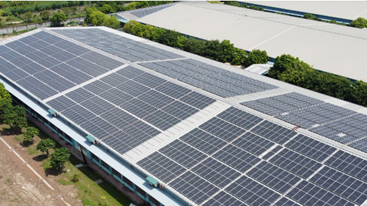 Son Ha Co., Ltd, applies energy efficiency and conservation measures
Son Ha Co., Ltd, applies energy efficiency and conservation measures
.png?w=367&h=206&mode=crop) Request for expression of interest - C2.1.13: Capacity Building on energy efficiency policies development
Request for expression of interest - C2.1.13: Capacity Building on energy efficiency policies development
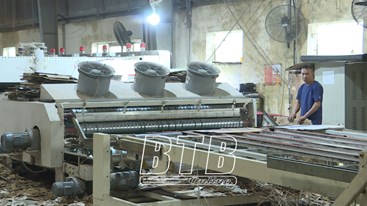 Phuc Kien Co., Ltd., is effectively implementing energy-saving measures
Phuc Kien Co., Ltd., is effectively implementing energy-saving measures
 Request for expression of interest - C2.1.12: Independent monitoring of safeguards implementation
Request for expression of interest - C2.1.12: Independent monitoring of safeguards implementation